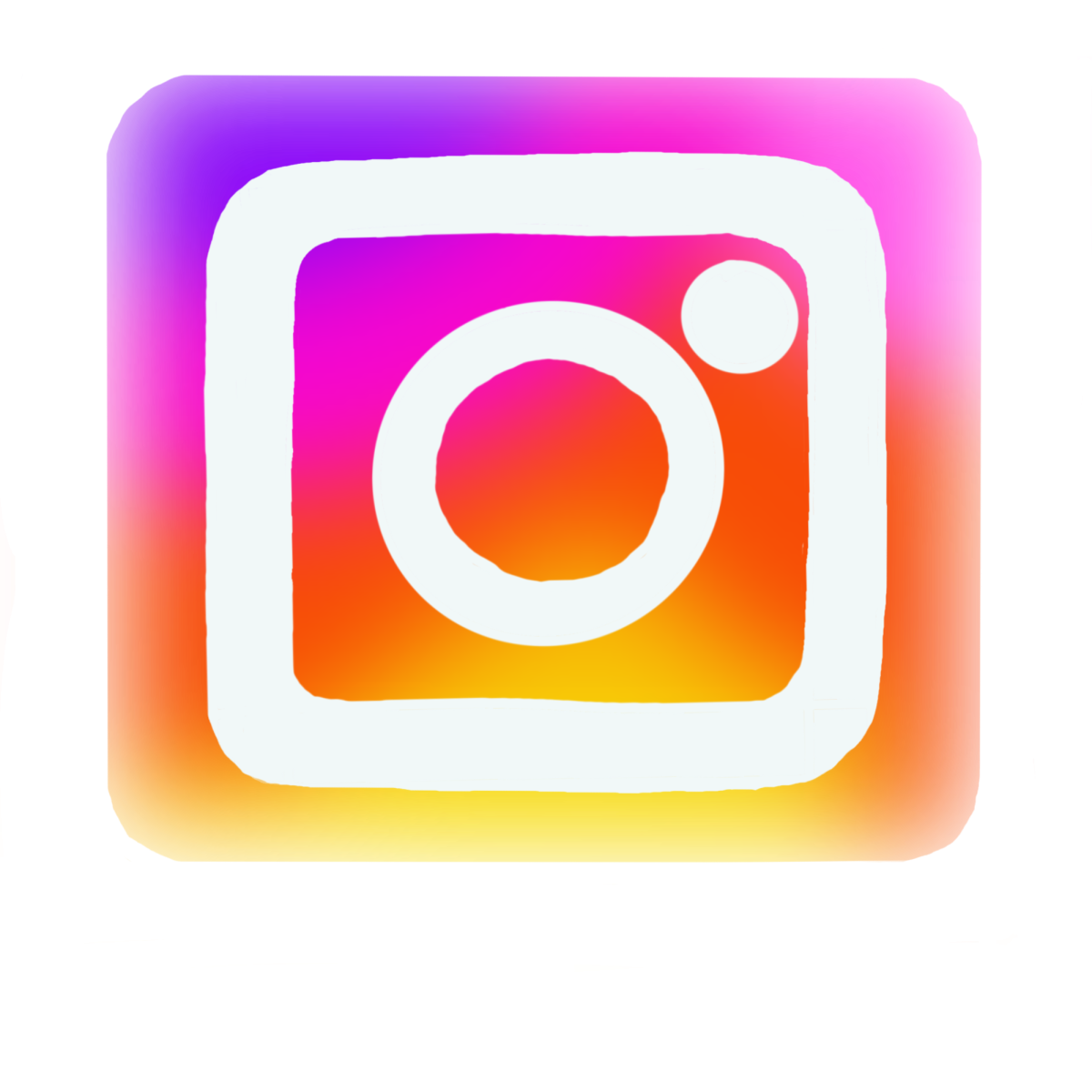It started innocently enough. Like many others, I created an Instagram account to stay connected with friends, share pictures and follow a few celebrities. But over time, what started as an innocent act of creating an account at 13 years old has become a central part of my everyday life.
I am on Snapchat, scrolling through my Instagram feed and TikTok “For You” page multiple times per day. And to think I consider myself to be on social media a lot. Often, I remember there are people out there with a full-time job creating content for social media. While these platforms are such a prominent part of our daily lives now, I wonder how we will look at them in years to come after we come to terms with the fact that social media is doing more harm than we realize.
My generation, Generation Z, is the first generation to have grown up with social media. I was talking with my grandma, a Baby Boomer, and she told me that her generation was known for smoking tobacco. She brought up how, at the time, they were clueless about how bad tobacco was. It’s interesting to think about how my generation might be in a similar situation with social media. Back then, smoking was everywhere — advertised on TV, in movies and even recommended by some doctors. People then didn’t realize how harmful it was until years later when the evidence became undeniable.
My grandma was telling me how, for her generation, a lack of perceived risks made smoking an easy part of daily life. Now, fast forward to today, and you can see a parallel with social media. I’ve grown up with it, and it’s a huge part of my everyday activity. I use it to connect and share, yet sometimes find myself using it to shape my identity, often without thinking about long-term effects. Right now, it’s difficult to see the potential downsides — in terms of my mental health, attention span or relationships — of social media. Might this be similar to how Baby Boomers didn’t immediately see the harm in smoking?
Sure, I know there are already existing concerns about social media, like how it can contribute to anxiety or the fear of missing out (FOMO), but these are not something we tend to see as truly dangerous in the same way as tobacco. As I start to pay more attention, research is already highlighting some of the issues social media might be causing. According to a report from the American Psychological Association, heavy social media use has been linked to increased levels of anxiety, depression and feelings of loneliness. The constant scrolling feeds into a cycle of comparison where we’re always seeing others, which can make us feel inadequate. While concerns like screen time burnout and social comparison are known, the long-term effects of social media use are still undiscovered.
It’s hard to ignore how similar this feels to the way tobacco companies operated in the past. Back then, tobacco companies knew smoking was harmful but kept pushing it as a cool, glamorous habit. Similarly, social media platforms are designed to keep us hooked. They use algorithms that know what we want to see, encouraging us to spend more and more time on the apps, sometimes without us realizing it. Along with that, my parents have taught me that social media is not reality. Take Instagram, for example. People rarely post pictures of themselves lounging at home watching a movie. Instead, they share glamorous vacation photos, making their lives seem picture-perfect when in reality, that’s not their everyday experience. It creates something that is not always a real representation of one’s life or identity.
If you look at how smoking changed over the years, it’s interesting to think about how our attitudes toward social media might shift. Smoking used to be seen as glamorous, something everyone did — now it’s seen as quite the opposite. Could social media one day be viewed in the same light as tobacco? I wonder if, in a few decades, I will see health campaigns directed at the dangers of social media addiction or too much screen time.
When I first created my social media account at 13 years old, I never imagined how deeply it would become ingrained in my daily life. Much like the Baby Boomers, who initially saw smoking as harmless, my generation is immersed in social media without fully grasping its potential consequences. As we keep sharing, scrolling and building our lives around these platforms, it’s easy to overlook the effects they might be having on us right now.















